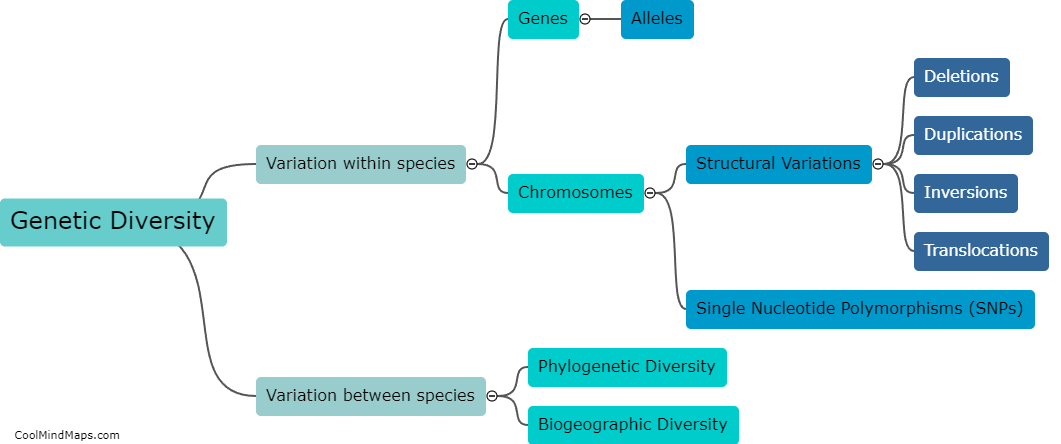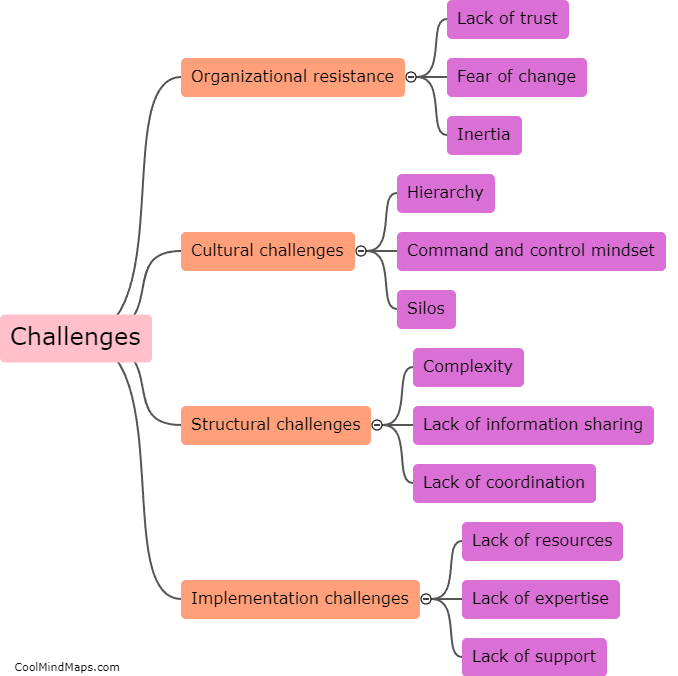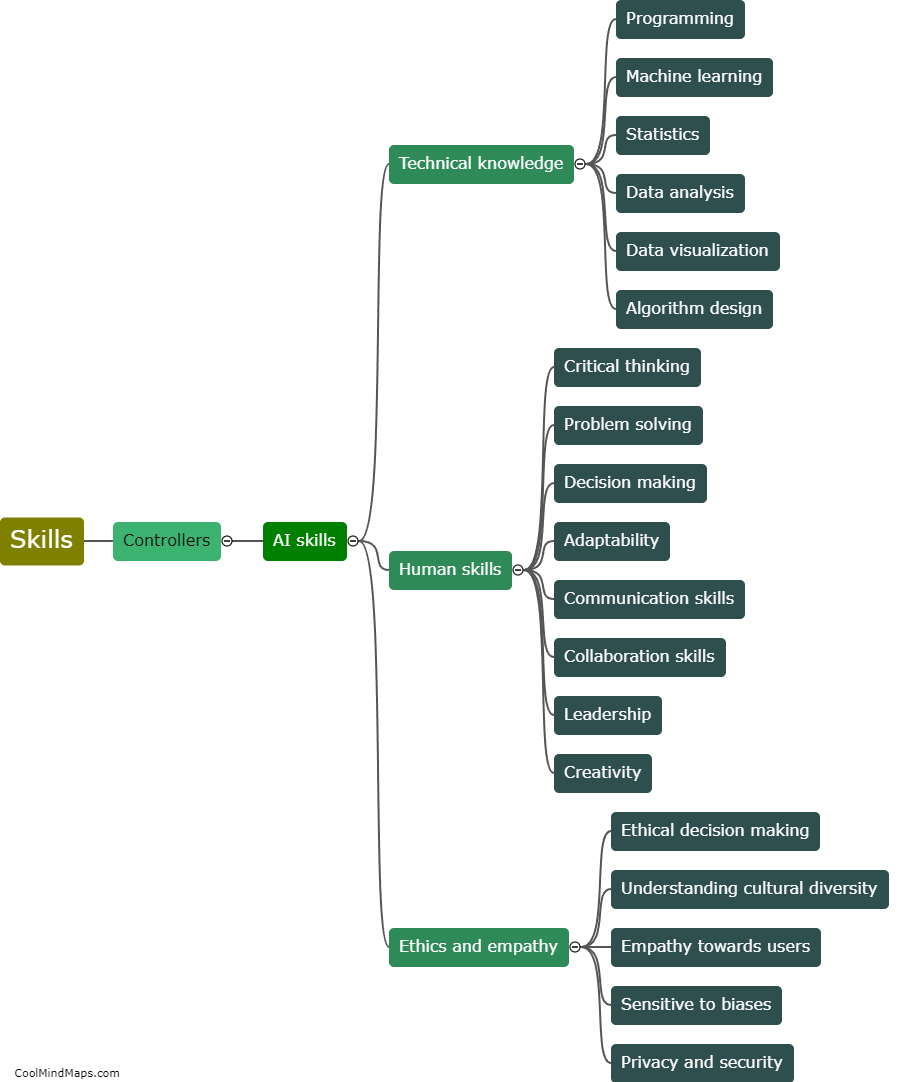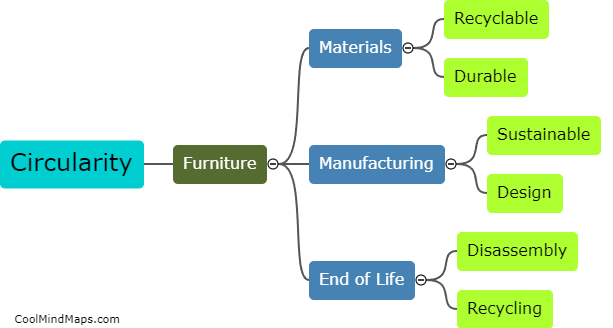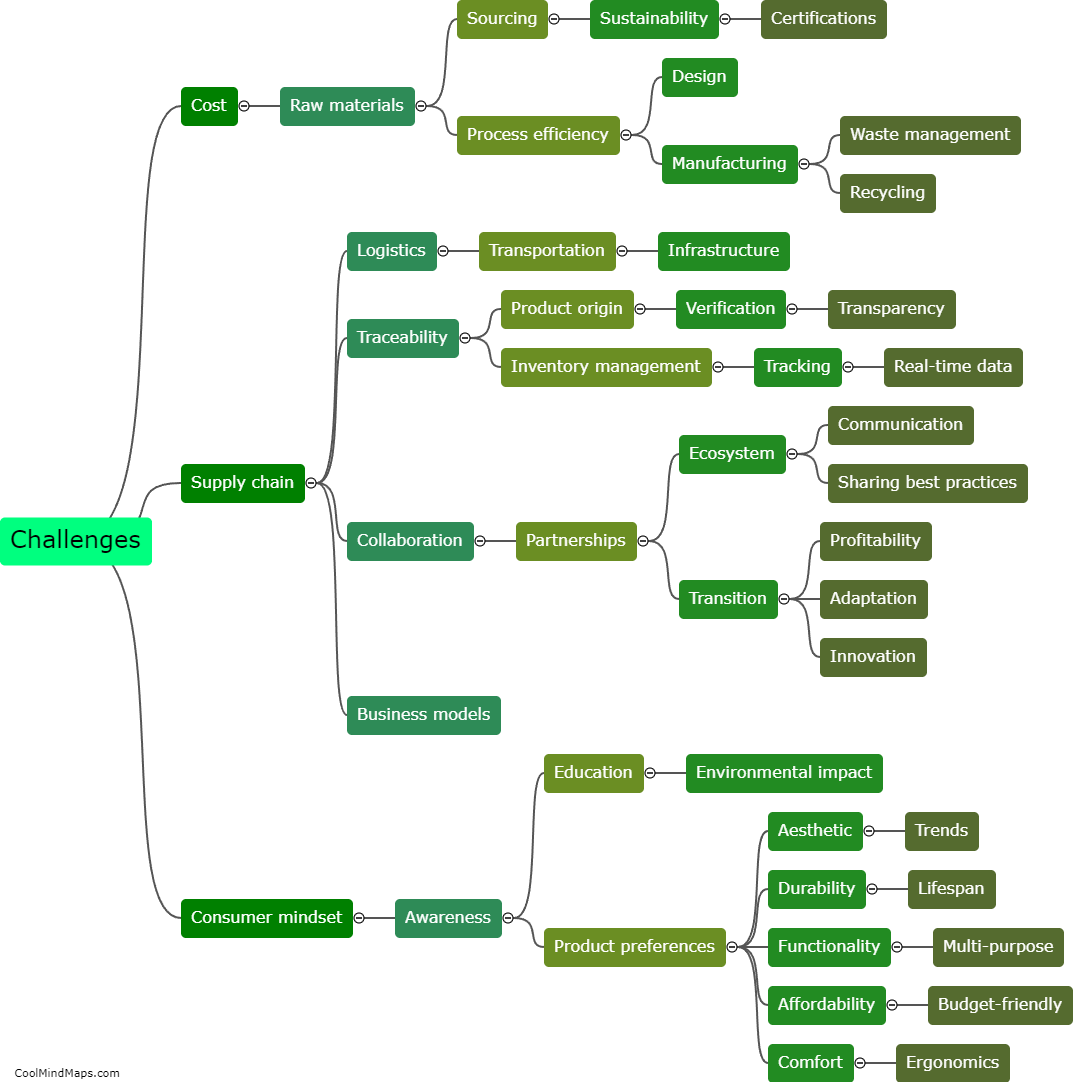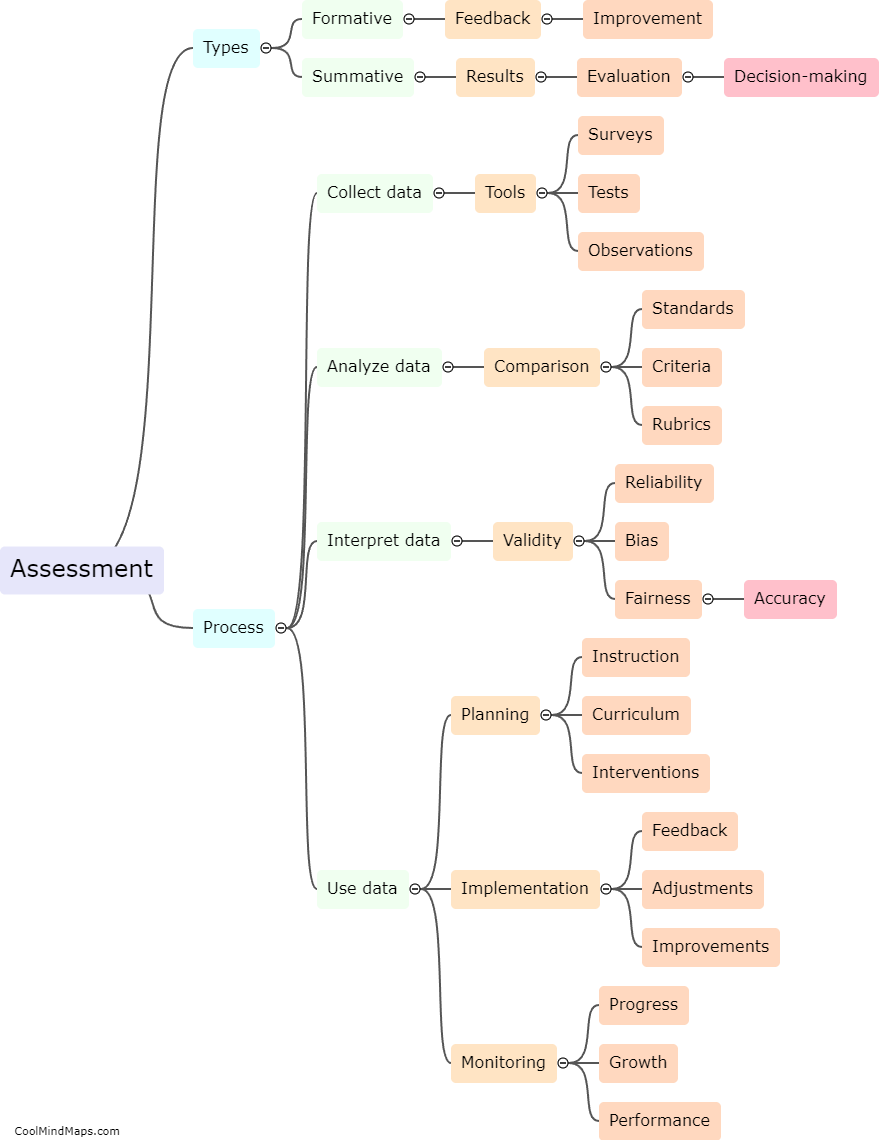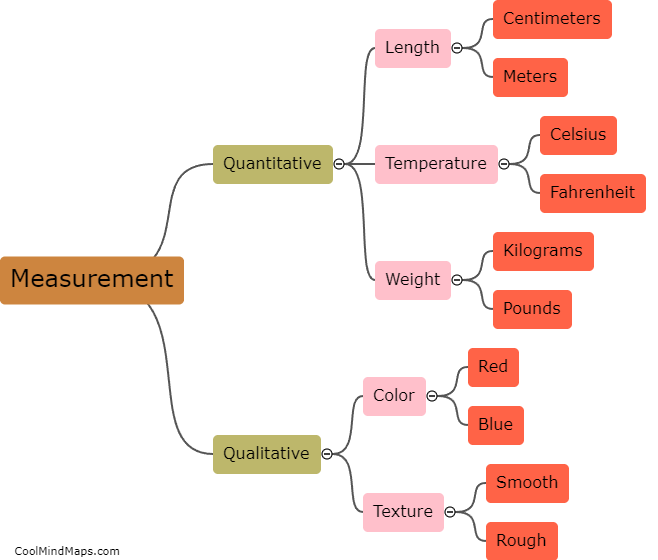How are assessment, evaluation, and measurement different?
Assessment, evaluation, and measurement are three distinct terms often used in the field of education, although their meanings and purposes differ. Assessment refers to the systematic process of gathering information and evidence about a learner's knowledge, skills, and attitudes to determine their progress and learning outcomes. Evaluation, on the other hand, involves making judgments or assessments based on collected data to provide feedback, improve learning, and make informed decisions. It focuses on examining the results of an assessment and interpreting their significance. Lastly, measurement pertains to the quantification of data collected through assessment and evaluation, usually expressed in numbers or scales to provide a standardized and objective representation of a learner's performance or progress. In summary, while assessment involves data collection, evaluation deals with the interpretation and judgment of the data, and measurement quantifies the collected information.

This mind map was published on 3 November 2023 and has been viewed 93 times.



